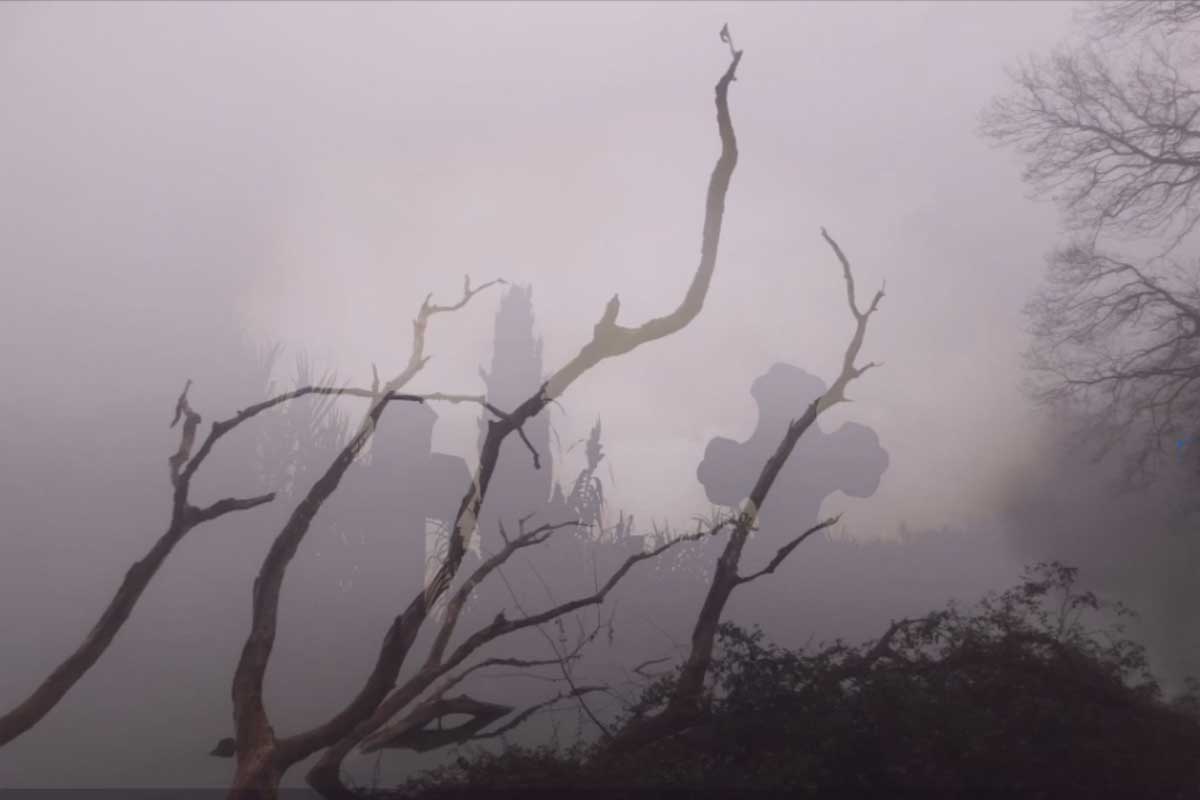Dvorak’s Requiem
As the first of our summer playlists which are designed to focus on a single work (perhaps one that you might not be familiar with), I couldn’t think of a more appropriate place to start than with the Requiem of Antonin Dvorak.
Here, I just want to share some of my impressions of and experience with this great work. I first encountered it (as with so many other works) in rummaging around in a pile of my grandmother’s choral scores – She must have sung it at some point (she only had scores of pieces she had sung) but, when and where I don’t know. I had long been a fan of the ‘requiem’ genre – I remember that several friends felt I was a rather morbid youth, being so fixated on masses for the dead. Truth be told, it was the awesome choral and orchestra responses of the great 19th century composers which fascinated me – they just happened to be masses for the dead! I think the ‘requiem’ has always been a place for composers’ dramatic creativity since Mozart’s setting at the end of the 18th century. In the 19th century these settings became ever more dramatic (and less focused on liturgical use) and by the time of Verdi’s setting, quasi-operatic.
A quick aside here – I’ve always been fascinated by one of the great “what if’s” of music history – towards the end of his life, after the composition of the Missa Solemnis and the Ninth Symphony, Beethoven was asked what he was planning to compose next – he answered that he would write a tenth symphony (we have a few sketches of that) – and – a requiem. Can you imagine what a Beethoven Requiem (coming after the Missa Solemnis) would have sounded like?!?! In any case, at the time I first encountered the score, I found Dvorak’s setting curious and difficult to wrap my teenage mind around. As such, I tossed the score back into the pile in favor of Berlioz and Verdi!
In 2004, I was asked by the Berkshire Choral Festival (as it was then known) to conduct a performance of the Dvorak Requiem. BCF (now BCI) is always a great experience, a week full of hard work and lots of fun – so, of course, I said yes! But the Dvorak? Well, it was time to pull out that old vocal score again – and get a full score to study. Through the course of my work on the score and my preparation to lead the week of rehearsals and performance, I discovered what I had missed over 25 years earlier – Dvorak’s setting is among the GREATEST of all settings of the ‘requiem’ mass – it’s just not what you would expect!
The mysteries begin with the first four notes – a simple half-step upper and lower intervalic neighbor to an F (which is the dominant to the home key of B-flat minor). This is presented unharmonized and it’s only in context that we learn this is the ‘motto’ of the entire composition. Dvorak was not always considered one of the more disciplined composers, structurally – usually preferring to spin gorgeous tunes and ‘fudge’ some of the formal niceties. In this work (as in the tightly structured Seventh Symphony in d minor), Dvorak used this motto as a structural device, tying the entire work together in a tightly unified structure that I can think of no other mass setting as having achieved. The motto appears all over the work, sometimes in surprising guises, sometimes lurking in the orchestration, sometimes popping into a vocal phrase and then disappearing. One of the joys of the work is listening to how Dvorak uses the motto – think of it as a musical “where’s Waldo”!
The work, to my ears, is “echt-Czech” – the melodic writing and harmonies are uniquely Dvorak – I hear all kinds of things in the writing, the beauties of that spacious, folk-like Czech melodic structures, some Slavic sounding moments in the choral writing, the writing for the quartet of soloists (the soprano, especially, has moments of Rusalka to my ears) is exquisite. This work requires a matched vocal quartet of the kind required by Verdi’s great setting. The choral writing is powerful and yet often sensuous – with surprising turns of harmony and stretches of a cappella writing of great beauty. The Pie Jesu sequence is but one of those stunningly gorgeous choral moments.
The performance I chose was by the Czech Philharmonic Orchestra and Chorus, with a quartet headlined by the great soprano, Gabriela Benačková – all conducted by Wolfgang Sawallisch. In all the years I worked in Philadelphia preparing choruses for WS and the Philadelphia Orchestra, this is (sadly) a work we never did together.
I present Dvorak’s Requiem to you this week as a neglected masterpiece of the highest quality. I hope you enjoy discovering (or perhaps, for some of you, re-connecting with) a work of great power and beauty.
